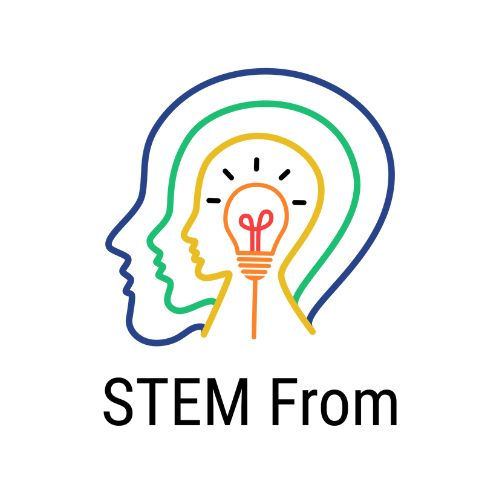Cheeky Scientist was founded in 2013 and essentially sells services to those exiting the academic world and going into a career in industry. That's one of the most challenging things to do as an academician so I give props to all of those who have a desire to do that and want to go into that world. It's challenging, trust me, I know.
What caught my attention today was an article written in Science about the services of the above company published here. Take a read, it's really fascinating.
I will be transparent in that the article left me with a bad taste in my mouth because it puts into a negative view of services and offerings that organizations like STEM From are trying to enter into the arena. I feel like all too many times, people start a business hoping for it to be the next Amazon, Tesla, or Google. Or even worse, they start a business to make a buck.

Career services and guiding principles, in my opinion, should not be solely based on programmatic funding to capture revenue. The generation for more individuals entering the STEM pipeline will directly contribute to GDP growth, IP power in the world, among many other considerations on a larger scale.
It can also be argued that the growth in STEM pipeline will also contribute to widening the aperture of those who think like a scientist in business. This is one of my largest contributors to starting STEMFrom. The world needs and requires more scientific logic when approaching business decisions. These skills are only fostered in individuals who have STEM backgrounds.

Have you considered thinking like a rocket scientist?
A few years back, I read a book called Think like a Rocket Scientist and it left quite an impression on me. For one it solidified in me much of the theories that I had thought about regarding applying STEM skills to real life and industry. It over emphasized, in my opinion, the emphasis on rocket science in that only a rocket scientist could use these terms. But it really leveraged the old adage "it's not like it's rocket science" or "you have to be a rocket scientist to understand." Varol leveraged the thought processes of the scientific method, curiosity, logic, and problem solving. If you haven't read it, would highly suggest it.
What does a PhD mean?
I would argue that a PhD means much more than being referred to as a "doctor." In fact, of the many MD's I have spoken with, some actually have stated that a PhD is more challenging than an MD so that is a "real doctor." That's a post for another day.
My point is that having a focus in STEM (whether you obtain a PhD or not) should not be on the WHAT but rather the HOW. A rocket scientist and a mass spectrometrist may not conduct the same experiments or utilize the same theories, but they think in very similar ways because their core coursework instilled in them the basics of thinking like any scientist regardless of area of interest.
The scientific method for a theoretical physics is the same for a ornithologist.
The scientific method for a clinician diagnosing a medical malady is the same as an organic chemist.
The scientific method for an electrical engineer is the same as a mathematician developing a proof.
It's all STEM. It's all highly translatable. Lets focus on that.
Do you agree that STEM is highly translatable?
Yes
No
I would like this further discussed
You can vote for more than one answer.




Comments